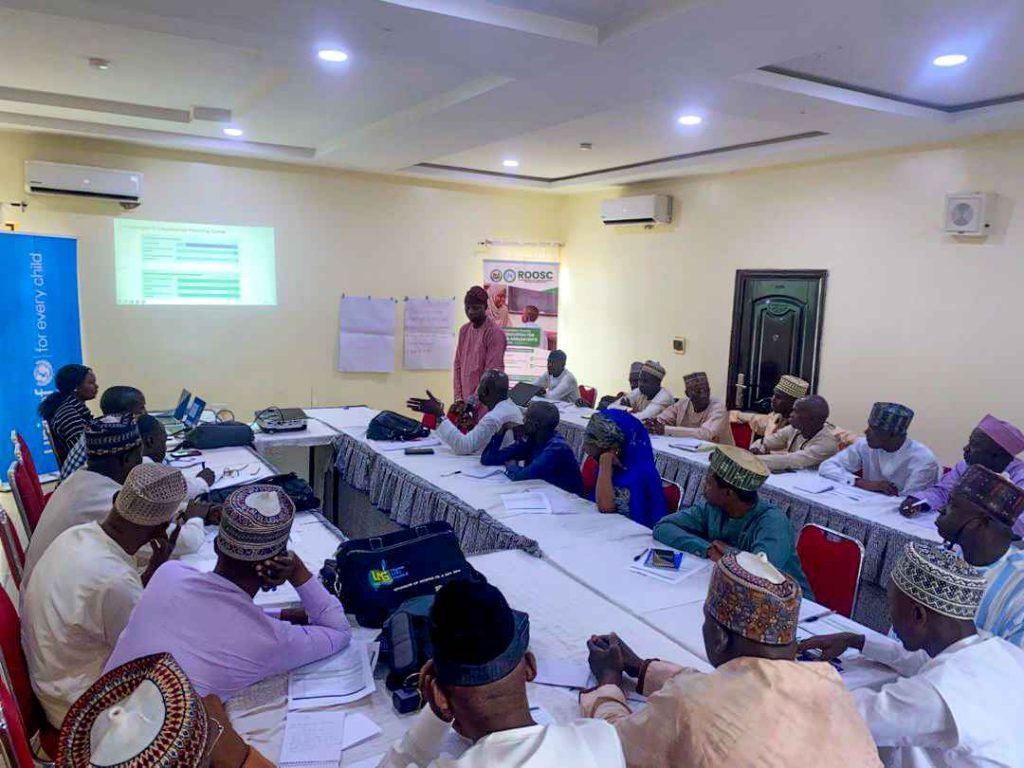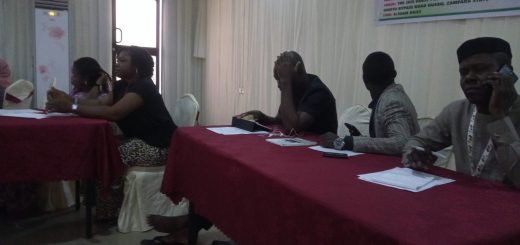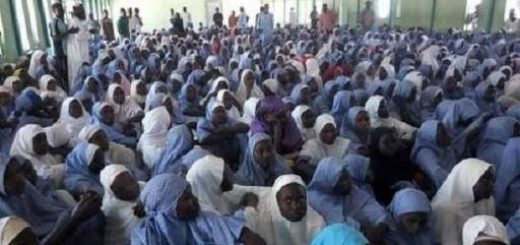Kaduna Education Stakeholders Raise Concerns Over Budget Gaps
By Uangbaoje Alex, Kaduna
Key education and finance officers in Kaduna State have warned that poor budget planning, weak tracking, and inadequate inclusion of critical activities continue to undermine the state’s huge investments in education.
The concerns came during a three-day “Nigerian Education Finance (Ed-finance)” training on Results-Based Budgeting (RBB) for over 120,000 state and local government Finance, Planning and Budget officials, supported by UNICEF under the Reaching Out-of-School Children (ROOSC) Project.

Bala Dada, UNICEF Education Officer in Kaduna, said the problem is not low allocation but poor tracking of how funds are used:
“Kaduna State has one of the highest education budgets in Nigeria, but the real issue is transparency and tracking.
“Knowing how much is actually being spent and on what. Without clear reporting, stakeholders cannot see how resources flow into the sector.”
At the local level, Nurudeen Omar, Head of Finance and Accounts, Igabi LGA, admitted that many vital activities remain either underfunded or completely left out of budgets.
“Often, critical activities that directly improve teaching and learning are not captured. With this training, we can now push for proper inclusion and adequate support.”
For Mr. Joshua Haruna Yakubu, Head of Planning, Kaduna South LGEA, the weak use of education data in planning is a major concern:
“We learned that budget planning must reflect teacher and pupil ratios, absenteeism tracking, and classroom needs.
“If these are ignored, budgets will remain ineffective, no matter the amount allocated.”
Yahya Saleh Ibrahim, Executive Secretary, Kaduna Scholarship and Loan Board, worried that without continuity, the lessons may be lost:
“It’s not enough for senior officers nearing retirement to attend and keep the knowledge to themselves. They must cascade it down to younger staff. Otherwise, the cycle of weak planning will continue.”
From a civil society perspective, Vahyala Kwaga of BudgIT Foundation flagged another critical gap, the poor participation of legislators.
“Budgeting cannot work without oversight. Yet, we have noticed limited involvement of the legislature in such capacity-building efforts.
“That weakens their constitutional role of holding the executive accountable.”
Across the board, speakers agreed that Kaduna’s education sector needs more than high allocations.
It requires credible budgets, better data use, transparency in spending, and stronger collaboration across all arms of government to ensure children, especially those out of school, truly benefit.



